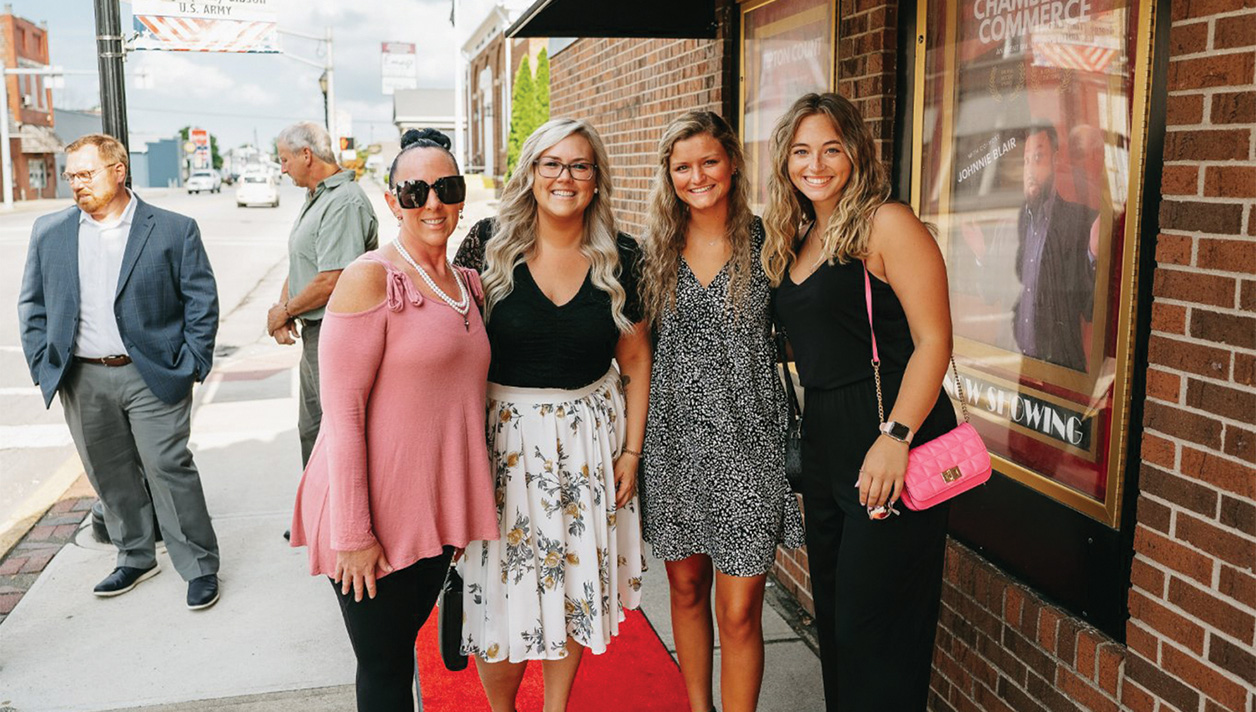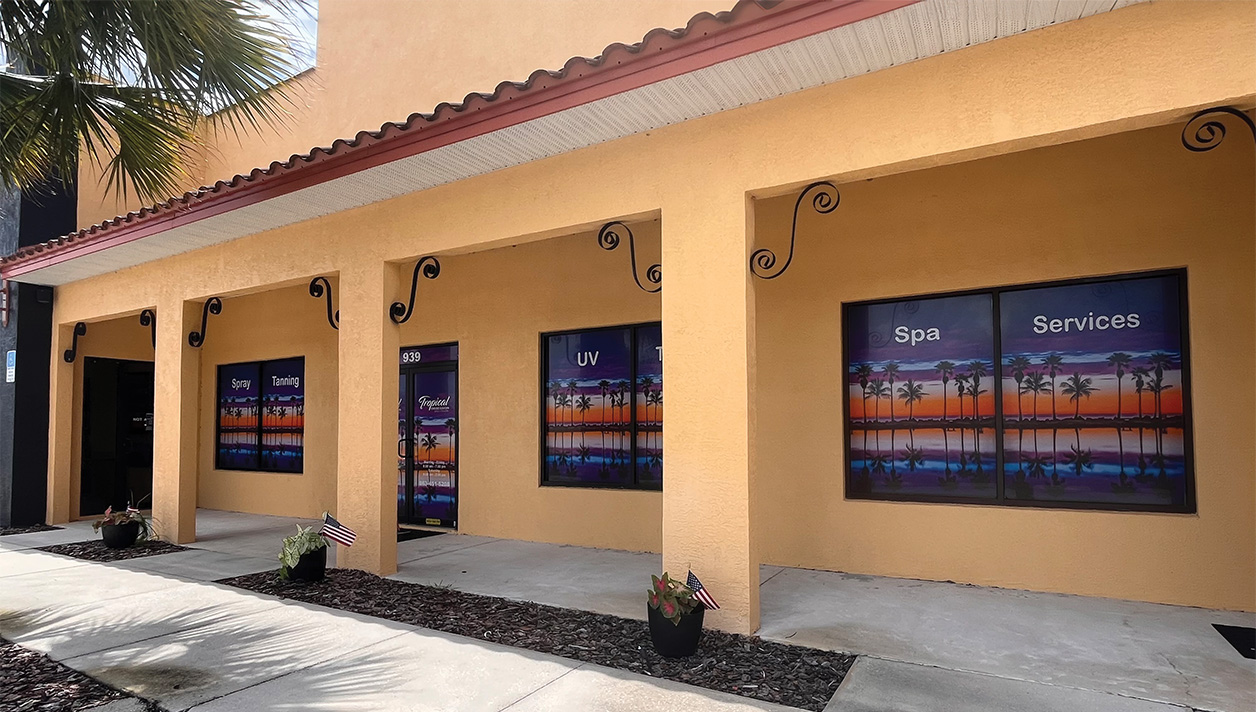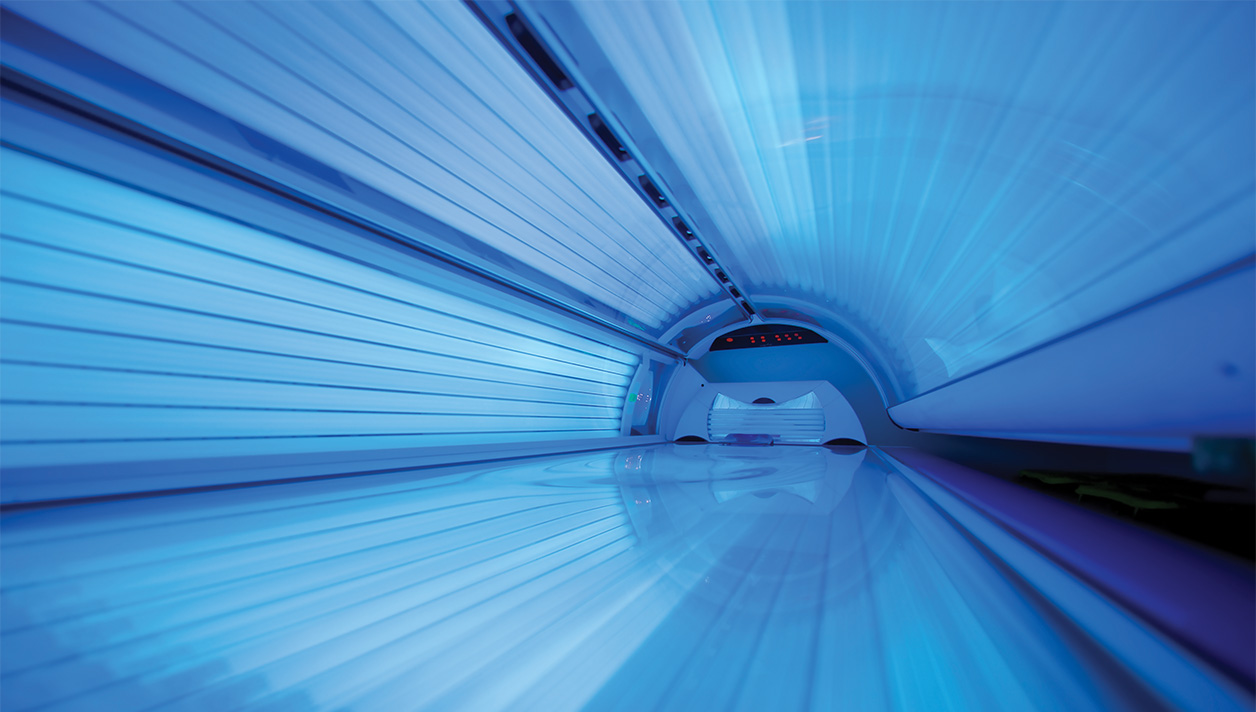In the UK, our relatively small population of 62.7 million is governed at a local level by more than 300 local or “state” authorities. Compare that to the 3,000+ counties that make up the USA, overseeing a population of more than 313 million, and it doesn’t take a math genius to work out that the UK:USA ratio of governing agencies is more than 2:1 per head of population. On top of this, there is very little harmonization between the UK local authorities as they operate autonomously and with their own political party influence, in their local community.
When it comes to these authorities interpreting and enforcing the law, national legislation generally ensures a consistent approach; however, the story can be quite different when it comes to local regulations and interpreting guidelines for their enforcement. All too often, there’s a reaction at a local level that is out of sync with national guidelines and at odds with interpretation of the same information by neighbouring authorities. In many instances, it can be a matter of neighbouring streets that separates local authority boundaries. At the very least, this can be frustrating for business owners; but at worse, it can be fatal for the business concerned.
A case in point relates to London-based indoor tanning salons. In London, there are 32 local authorities, all of which require indoor tanning salons to hold a “special treatments licence” against which a number of conditions and requirements are attached, including staff training. In principle, the licence is a good thing as it requires a high standard of operation, thereby reinforcing the essentials of a properly run indoor tanning salon. However, there appears to be a great deal of “flexibility” in terms of meeting the licence requirements, depending on the interpretation of requirements by the issuing local authority.
Recently, an indoor tanning salon that has been in operation in the same location for 15 years had the annual renewal application for its special treatments licence refused. The confounded operator enquired as to why, only to be advised that all his staff were now required to have Level 3 NVQ (National Vocational Qualification) in beauty therapy.
The operator has a part-time staff of six, most of who have worked in the salon for many years. The NVQ is a work-based award achieved through assessment and training; Level 3 is a senior level award aimed at senior therapists/managers of beauty salons, and requires prior achievement of NVQ Level 2. NVQ Level 3 in beauty therapy is a one-year/35-week course and costs in excess of $3,000 per person in fees. So in order to comply with this request, the owner would have to (1) dismiss all of his staff, many of whom are long-time employees; (2) significantly increase his staffing costs to be able to hire senior level beauty therapists/salon managers with the required training level to work part-time in a tanning salon (i.e. where none of their beauty therapy skills would be used, making it highly unlikely he would be able to recruit such employees) and (3) undertake training of his new NVQ Level 3 staff, who have no training related to sunbed use because there is nothing about sunbeds in either the NVQ Level 2 or 3 syllabus!
Bearing in mind that a salon in London cannot operate without its special treatments licence, the outlook appeared desperate for the future
of this long-standing business, understandably causing the owner a lot of stress and many sleepless nights. Incongruously, neighbouring London boroughs, whilst they require staff training, have not introduced what can only be described as completely inappropriate requirements.
Thankfully, with the support of The UK Sunbed Association (TSA), the situation has now been resolved for the salon concerned; the operator has signed up for TSA’s training programme, which is relevant, appropriate, cost efficient and accepted by the local authority. However, the London borough concerned has not amended its licensing requirements regarding training, so we will definitely be hearing more on this.
The leading concern is where this inappropriate, illogical and irrelevant training requirement originated. There simply isn’t any justification for a dedicated tanning salon staff to be trained to this level, and bottom line: salons simply wouldn’t be able to recruit staff trained to this level nor could they afford their commensurate salaries.
Is this an underhanded tactic of the anti-tanning brigade or simply a case of an overzealous licensing authority? The investigation continues.




























